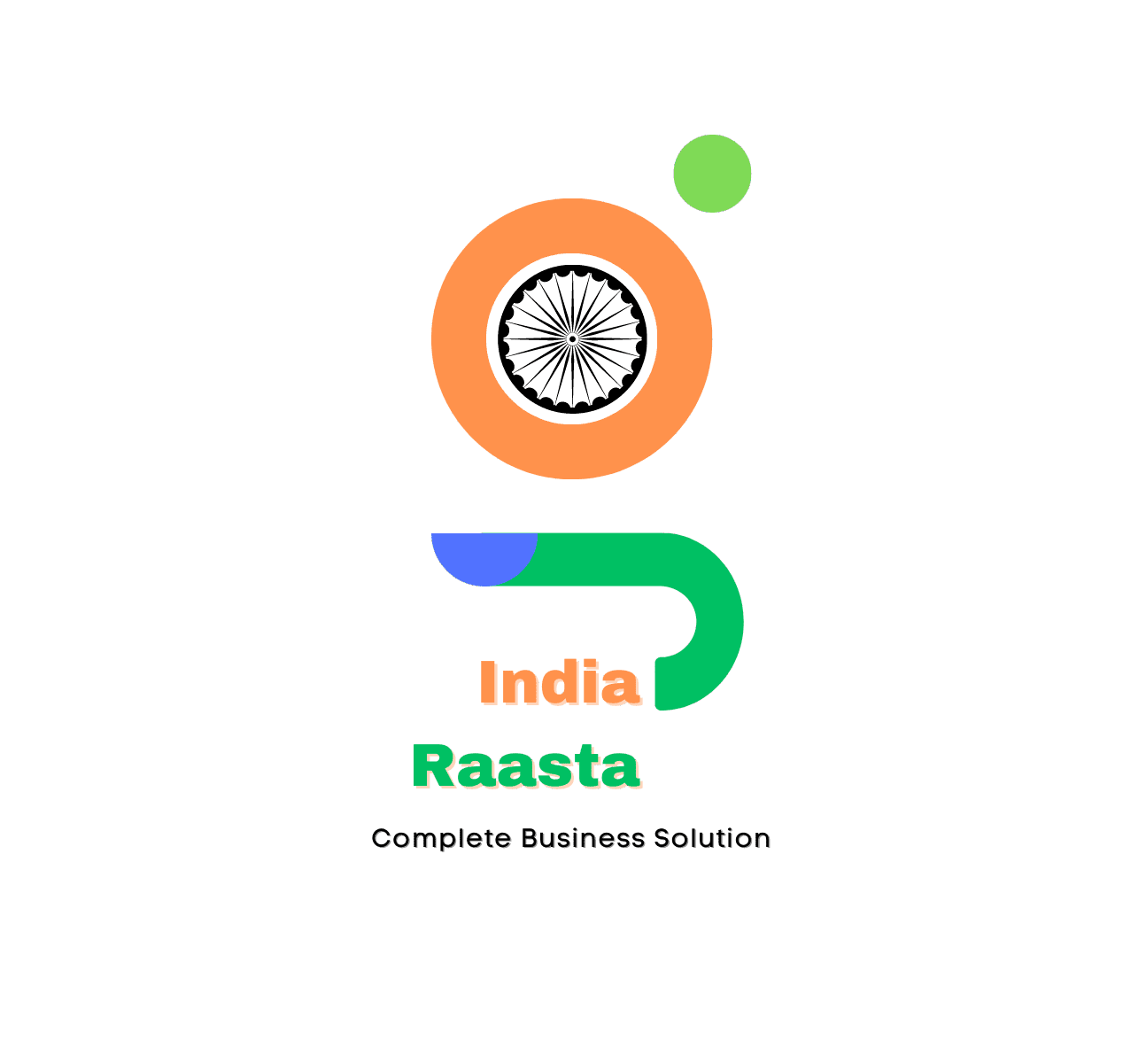Importance of FSSAI License for Food Businesses
Running a food business in India comes with many opportunities—but it also brings responsibilities to ensure safety, hygiene, and compliance with government regulations. One of the most critical requirements for any food business operator (FBO) is obtaining an FSSAI License. The Food Safety and Standards Authority of India (FSSAI) is the governing body that regulates and oversees food safety across the country.
In this blog, we’ll explore why an FSSAI license is important, who needs it, its benefits, and the consequences of not having one.
✅ What is FSSAI License?
The FSSAI License is a legal certification issued by the Food Safety and Standards Authority of India under the Food Safety and Standards Act, 2006. It is mandatory for all entities involved in manufacturing, processing, packaging, distribution, and sale of food products.
✅ Who Needs an FSSAI License?
Any business involved in the food supply chain must obtain an FSSAI license. This includes:
- Restaurants, cafes, and hotels
- Food manufacturers and processors
- Packaged food sellers
- Catering services
- Food delivery businesses (Swiggy, Zomato vendors)
- Retailers, wholesalers, and distributors
- Online food businesses (cloud kitchens, e-commerce sellers)
✅ Types of FSSAI Registrations
FSSAI issues three types of licenses depending on the size and turnover of the business:
- FSSAI Basic Registration – For small food businesses with turnover below ₹12 lakh.
- FSSAI State License – For medium-sized businesses with turnover between ₹12 lakh and ₹20 crore.
- FSSAI Central License – For large businesses with turnover above ₹20 crore or operating across multiple states.
✅ Importance & Benefits of FSSAI License
- Legal Requirement – It is mandatory for compliance with Indian food laws.
- Builds Consumer Trust – Customers trust businesses that display an FSSAI logo and license number.
- Improves Food Safety – Regular checks and standards ensure food quality and hygiene.
- Expands Business Opportunities – Many retailers, e-commerce platforms, and suppliers only work with FSSAI-licensed businesses.
- Brand Reputation – Enhances credibility and professional image of your food business.
- Business Growth – Essential for business expansion, exports, and partnerships.
✅ Penalties for Not Having an FSSAI License
Operating a food business without an FSSAI license can result in:
- Heavy fines (up to ₹5 lakh depending on the violation)
- Business shutdown orders
- Seizure of food products
- Legal prosecution
✅ How to Get FSSAI License?
- Submit application through the official FSSAI portal or authorized consultants like IndiaRaasta.
- Provide documents such as business registration proof, ID proof, address proof, food safety management plan, etc.
- Choose the appropriate license type (Basic, State, or Central).
- Application review and inspection (if required).
- Receive license certificate with validity (1–5 years).
✅ Conclusion
The FSSAI License is not just a regulatory formality—it is a trust badge for your food business. It ensures consumer safety, improves business credibility, and protects your venture from legal troubles.
At IndiaRaasta, we help you apply, renew, and manage your FSSAI license seamlessly. Whether you are a startup café, a growing food delivery service, or a large food manufacturer, we ensure you stay compliant and focus on what you do best—growing your food business.









